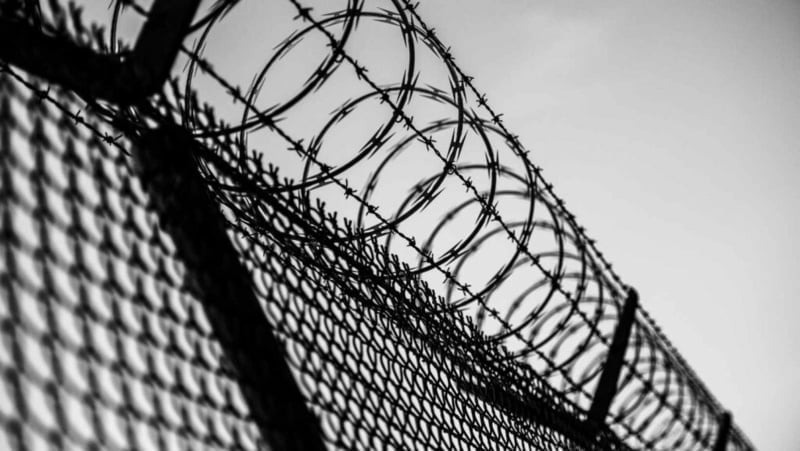From finding a job to securing a place to live, formerly incarcerated people face any number of challenges when they return to their hometowns and neighborhoods.
And research shows that a steady job and access to opportunity are among the factors that play a key role in keeping someone from offending again, thus avoiding a return to custody.
Because the numbers aren’t on their side.
Some 700,000 people are annually released from prison and about 9 million are released from jail, according to a report by The Leadership Conference. About two-thirds of them are arrested again within three years, according to the National Institute of Justice.
On Monday, a suburban Philadelphia lawmaker began seeking support for a proposal that might help further smooth the path for formerly incarcerated Pennsylvanians by making it easier for them to register to vote.
The proposal sponsored by Rep. Joe Webster, D-Montgomery, would require returning citizens to complete a voter registration application, or a form declining voter registration, before their release from a correctional facility.
“This legislation will ensure that formerly incarcerated individuals are given a chance to reinvolve themselves in civic responsibility, to the benefit of the entire community,” Webster wrote in a cosponsorship memo to his colleagues in the House.
Pennsylvania is one of 21 states where felons lose their voting rights only while they’re incarcerated, and then have them automatically restored when they’re released, according to data compiled by the National Conference of State Legislatures.
But as Webster pointed out in his pitch to his fellow lawmakers, many formerly incarcerated people don’t know that their voting rights are restored to them upon their release.
“Giving formerly incarcerated individuals the opportunity to be civically engaged can help their transition back into their communities,” Webster wrote.
“Research shows that formerly incarcerated individuals who are encouraged to register and vote show stronger trust in government and the criminal justice system, perceive government as being fairer and more representative, and report an increased willingness to cooperate with law enforcement,” he continued.
The Pennsylvania Department of State, which has oversight of elections across the commonwealth, has detailed information on its website explaining the circumstances under which a person involved with the criminal justice system retains — and loses — their voting rights and the circumstances under which they’re allowed to register and vote (if applicable).
“This is common sense legislation designed to ensure that all eligible voters can participate in our elections,” Webster wrote to his House colleagues on Monday. “Many aspects of re-entering communities upon release from a correctional facility are difficult for formerly incarcerated individuals. It is time that civic reengagement is no longer a difficult aspect.”
Pennsylvania Capital-Star is part of States Newsroom, a network of news bureaus supported by grants and a coalition of donors as a 501c(3) public charity. Pennsylvania Capital-Star maintains editorial independence. Contact Editor John Micek for questions: info@penncapital-star.com. Follow Pennsylvania Capital-Star on Facebook and Twitter.







